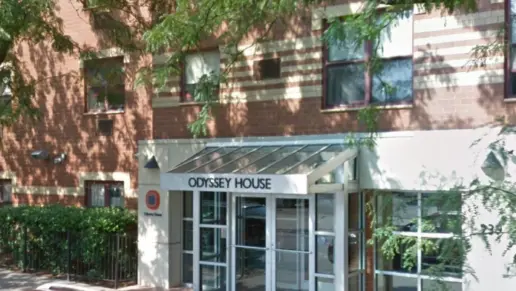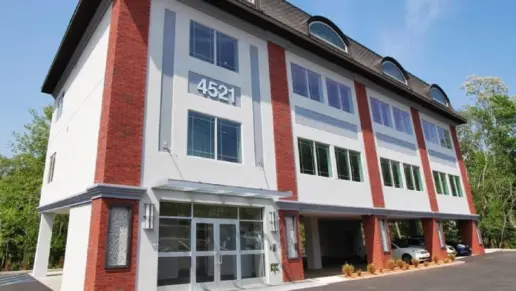The realization center healed my family I have three daughters, two were addicted to drugs and alcohol one had a food addiction as do I, we came a broken family to the realization center, my daughters were under 18,, the realization center and its incredible caring staff,wo ...
About Realization Center
The Manhattan Office of the Realization Center is located in New York, New York. They are a licensed New York outpatient facility. The organization is a member of the Addiction Treatment Providers Association, the New York Office of Alcoholism and Substance Abuse Services, as well as Recovery Health Solutions.
If you are an adult or you have an adolescent struggling with substance abuse, outpatient services are available. If you are HIV positive, you will still be able to receive treatment.
Medicaid and Medicare are accepted. If you don’t have insurance, you’ll be able to speak to their financial advisors in regards to the payment options they offer. They do accept credit cards.
Before you begin treatment, you will need to do an assessment. The assessment will help their team determine your needs, medical history and substance use history. After the assessment, your care team and you will discuss your treatment plan and develop your weekly schedule.
Their outpatient services include a partial hospitalization program (PHP) and an intensive outpatient program (IOP). Both programs offer individual and group therapy. The difference is the amount of time you will attend services each week.
During your individual counseling sessions, you will be able to have the support needed to reach your wellness and recovery goals. You will attend these sessions regularly.
I like that with group therapy you are going to feel validated that you are not on this journey alone. You will participate in group activities and discussions that help you and your peers resolve challenges together.
They’re also licensed to treat mental health issues with individuals who have a past history of substance abuse. The main criteria is that you are not in active addiction. They also provide integrated treatment for co-occurring disorders and they offer medication assisted treatment (MAT). This program can help reduce cravings and make withdrawal more comfortable to prevent relapses.
Latest Reviews
Rehab Score
Other Forms of Payment
Medicaid is a state based program that helps lower-income individuals and families pay for healthcare. Medicaid covers addiction treatment so those enrolled can use their coverage to pay for rehab. When a program accepts Medicaid the client often pays very little or nothing out of their own pocket.
Private insurance refers to any kind of healthcare coverage that isn't from the state or federal government. This includes individual and family plans offered by an employer or purchased from the Insurance Marketplace. Every plan will have different requirements and out of pocket costs so be sure to get the full details before you start treatment.
Self-pay involves paying for treatment out of your own pocket. You can use savings or credit, get a personal loan, or receive help from family and friends to fund your treatment. If you don't have insurance or your insurance plan doesn't cover a specific program, self-pay can help ensure you still get the care you need.
Sliding scale payments are based on a client's income and family size. The goal is to make treatment affordable to everyone. By taking these factors into account, addiction recovery care providers help ensure that your treatment does not become a financial burden to you or your family, eliminating one barrier to care.
Addiction Treatments
Levels of Care
 Outpatient
Outpatient
 Medically Assisted Detox
Medically Assisted Detox
 Intensive Outpatient
Intensive Outpatient
 12-Step
12-Step
Treatments
The goal of treatment for alcoholism is abstinence. Those with poor social support, poor motivation, or psychiatric disorders tend to relapse within a few years of treatment. For these people, success is measured by longer periods of abstinence, reduced use of alcohol, better health, and improved social functioning. Recovery and Maintenance are usually based on 12 step programs and AA meetings.
When you choose drug rehab in New York, you'll participate in a variety of treatments that are designed to help you live a drug-free lifestyle. Common methods of treatment include group, individual, and family counseling, medication management, nutrition, exercise, and management of co-occurring mental health disorders.
Many of those suffering from addiction also suffer from mental or emotional illnesses like schizophrenia, bipolar disorder, depression, or anxiety disorders. Rehab and other substance abuse facilities treating those with a dual diagnosis or co-occurring disorder administer psychiatric treatment to address the person's mental health issue in addition to drug and alcohol rehabilitation.
Opioid rehabs specialize in supporting those recovering from opioid addiction. They treat those suffering from addiction to illegal opioids like heroin, as well as prescription drugs like oxycodone. These centers typically combine both physical as well as mental and emotional support to help stop addiction. Physical support often includes medical detox and subsequent medical support (including medication), and mental support includes in-depth therapy to address the underlying causes of addiction.
Substance rehabs focus on helping individuals recover from substance abuse, including alcohol and drug addiction (both illegal and prescription drugs). They often include the opportunity to engage in both individual as well as group therapy.
Programs

Adult Program

LGBTQ Program
Clinical Services
Group therapy is any therapeutic work that happens in a group (not one-on-one). There are a number of different group therapy modalities, including support groups, experiential therapy, psycho-education, and more. Group therapy involves treatment as well as processing interaction between group members.
Trauma therapy addresses traumatic incidents from a client's past that are likely affecting their present-day experience. Trauma is often one of the primary triggers and potential causes of addiction, and can stem from child sexual abuse, domestic violence, having a parent with a mental illness, losing one or both parents at a young age, teenage or adult sexual assault, or any number of other factors. The purpose of trauma therapy is to allow a patient to process trauma and move through and past it, with the help of trained and compassionate mental health professionals.
Coping with day to day living is a challenge while in addiction recovery. Life skills training helps you learn how to manage daily tasks and deal with stress in healthy ways. This is key to long term recovery.
Men and women in New York undergoing one on one individual therapy for drug and alcohol addiction treatment will address the unique psychological and emotional aspects that are often associated with addiction triggers. Your therapist helps you build a relapse prevention plan and set achievable goals to improve your mental health and achieve long term sobriety.
Family therapy helps individual members of the family unit navigate the complexities of addiction. Therapists provide you with the tools you need to improve communication skills and conflict resolution. When families work together, they can support their loved one's recovery and help to restore balance and harmony within the household.
Staff
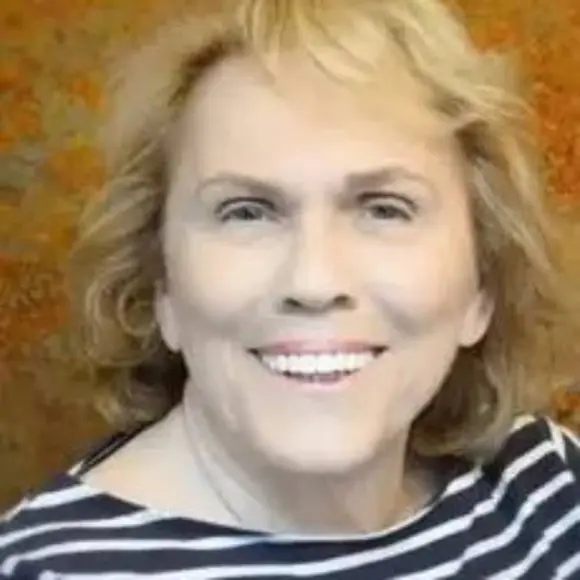
Marilyn J. White, CASAC 2, NAADAC II
Founder
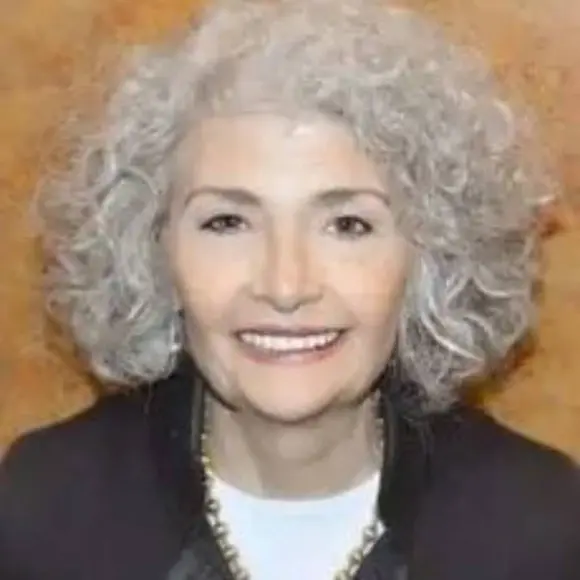
Dianne Schwartz, CASAC 2, CPA
Co -Owner and Director of Food Addiction Treatment Program
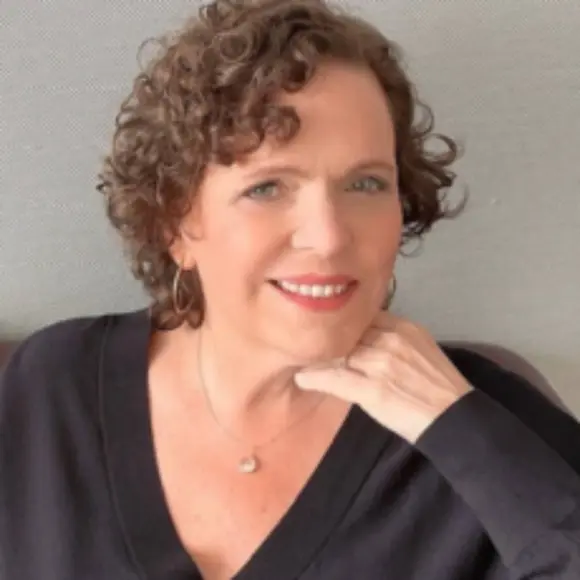
Shelly White, LCSW-R, CASAC-2
Co-Owner, CEO & Executive Director

Dr. Emil Achmad, MD, MS
Medical Director
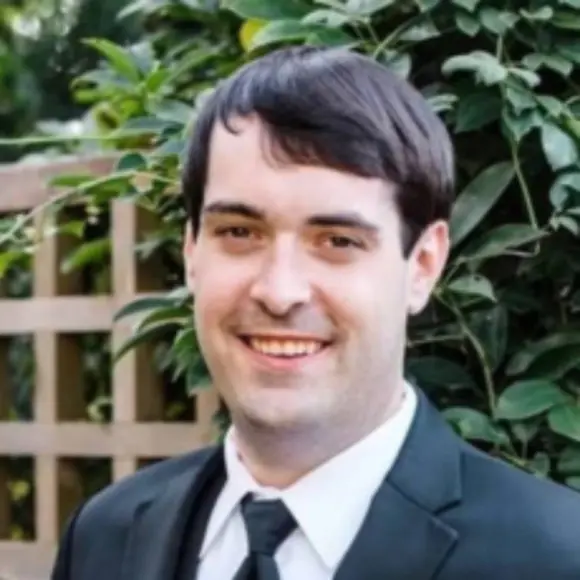
Richard Turner
CFO
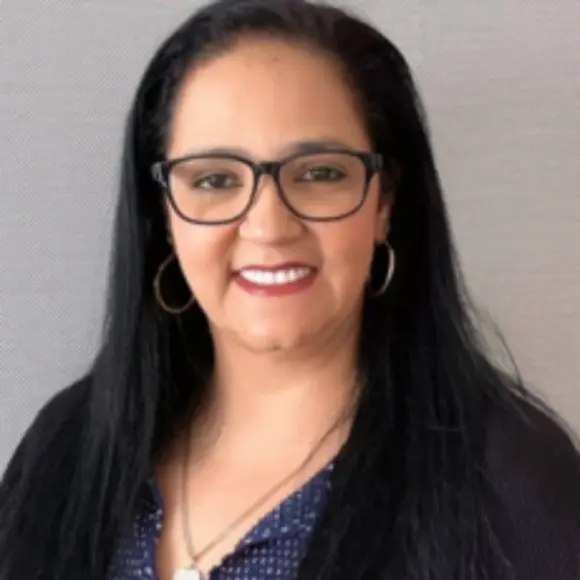
Wilda Molina, CASAC Advanced
Clinical Director
Contact Information
19 Union Square W
New York, NY 10003
